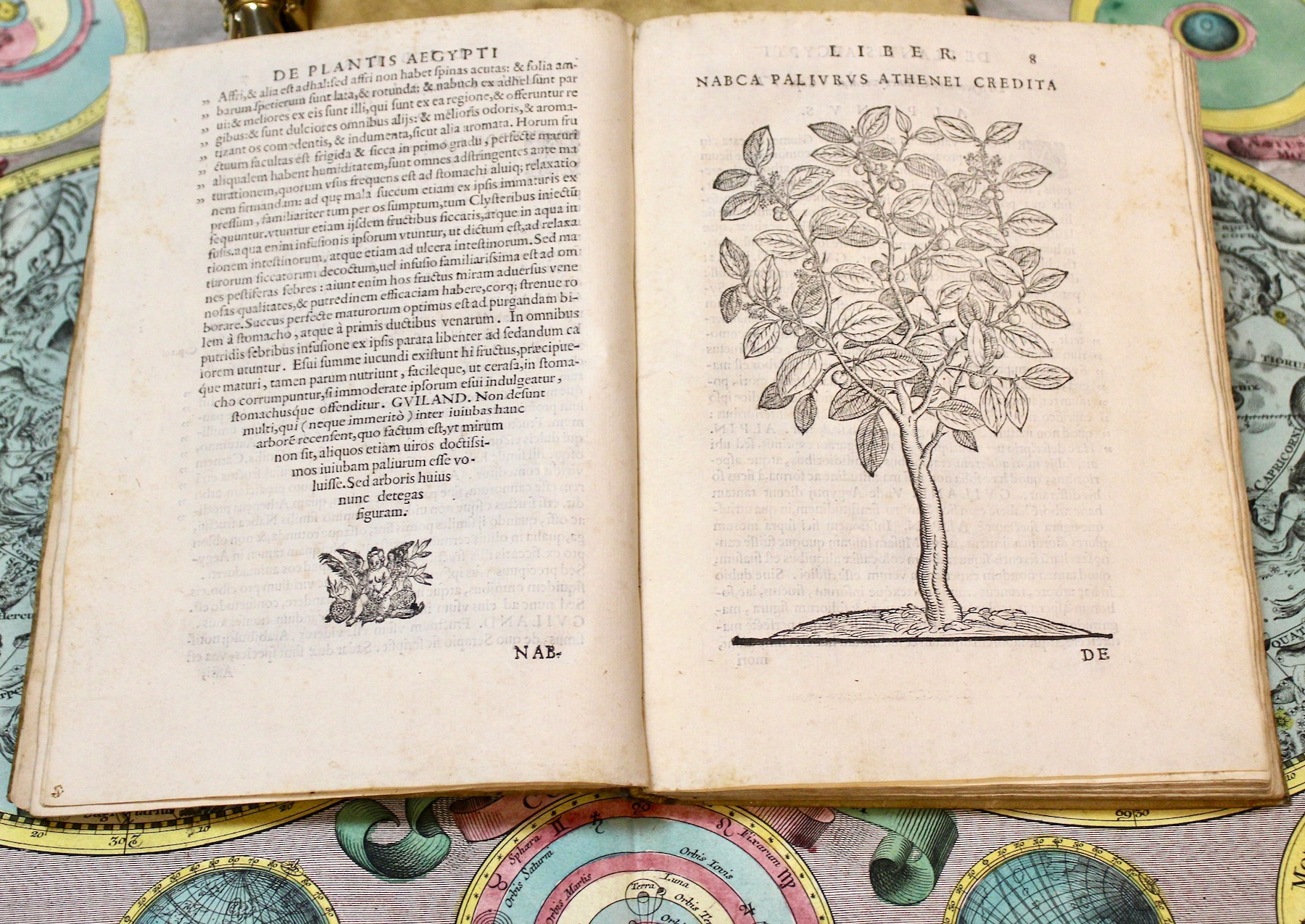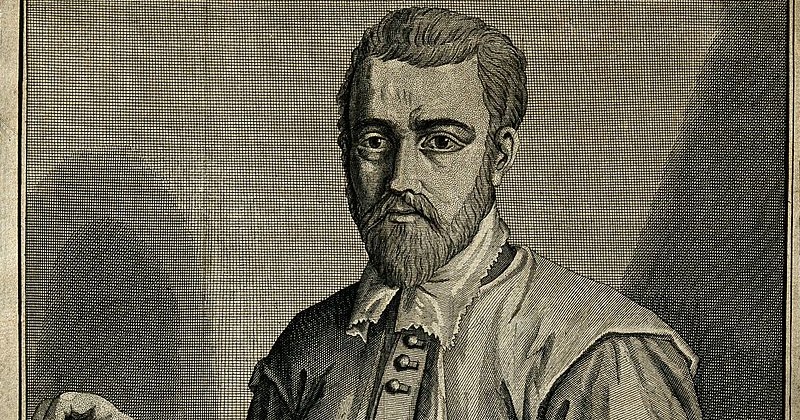The botanist who introduced coffee and banana plants to Europe: Who is Prospero Alpini?
Thanks to him, Europe became acquainted with plants such as coffee, dates, bananas, ginger, and Senegalese acacia, which it did not know.

(1553-1616) Italian botanist and physician. By examining the vegetation of the Mediterranean countries, he introduced many plant species specific to this climate to Europe. He was born on November 23, 1553, in Marostica, near Venice. He studied medicine at the University of Padova. During the three years (1580-1583) when he was the private physician of the Venetian trade consul in Cairo, which was under Ottoman rule, he traveled around Egypt and the Aegean Sea islands, examining the vegetation, local diseases, and treatment methods. In 1593, he was appointed to the professorship of botany at the University of Padova and the director of the Botanical Garden of the same university. He died in Padova on 23 November 1616 (according to some sources, on 6 February 1617).

Alpini's first two works, published after his return to Padova, are mainly derived from his studies and observations in Egypt. De Medicina Aegyptorum (1591), describes the diseases seen only in Mediterranean and Middle Eastern countries and describes the treatment methods applied by Egyptian and Turkish physicians, is a valuable medical history review documenting the state of Egyptian and Ottoman medicine at that time.
His second book, De Plantis Aegypti liber, published in 1592, is the first to introduce about 50 plant species to the West, such as coffee, dates, bananas, ginger, Senegalese acacia, which Alpini saw for the first time in Egypt and which Europe did not know until that day. it is work. Alpini, who was also interested in botany, like almost all the physicians of that period, not only introduced these plants, which he illustrated with wood carving technique in his book, but also managed to cultivate many of them in the Padova Botanical Garden. As a matter of fact, a type of ginger, that he first adapted to the European climate, was named after Alpini (Alpinia).
Emphasizing the importance of diagnosis, his third work, De Praesagienda Vita et Morte Aegrotontium (1601), in which he evaluates the probability of survival and death in various diseases, is also a valuable reference source translated into various languages.
Works of Prospero Alpini
De Medicina Aegyptorum, 1591,
De Plantis Aegypti liber, 1592,
De Praesagienda Vita et Morte Aegrotontium, 1601.
